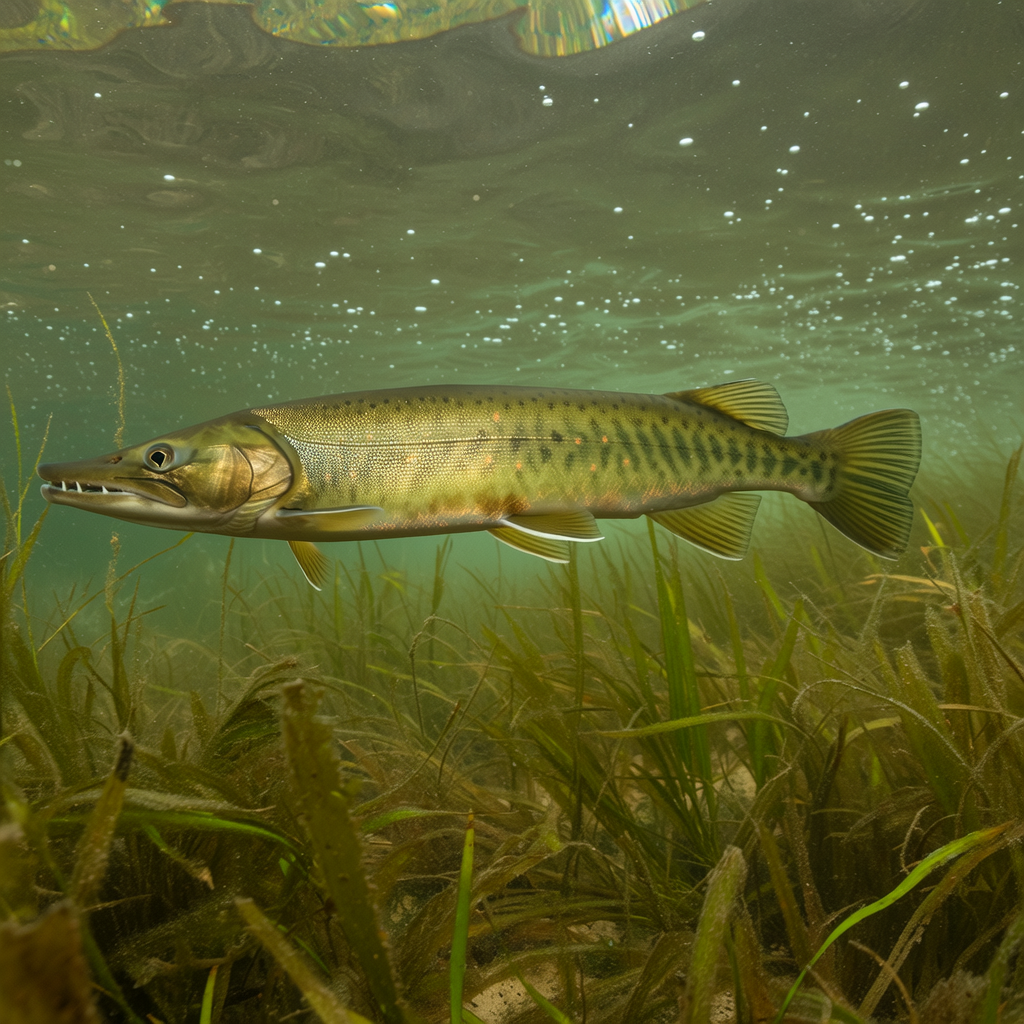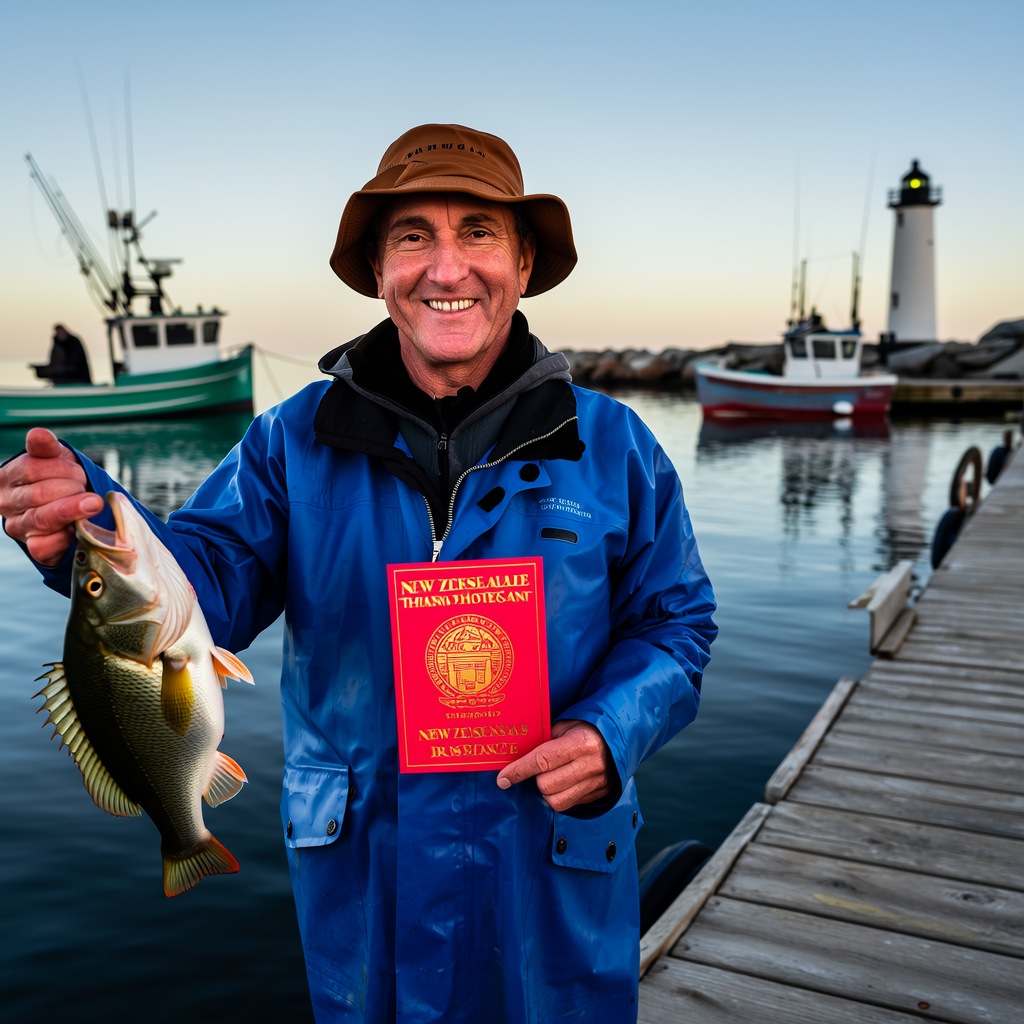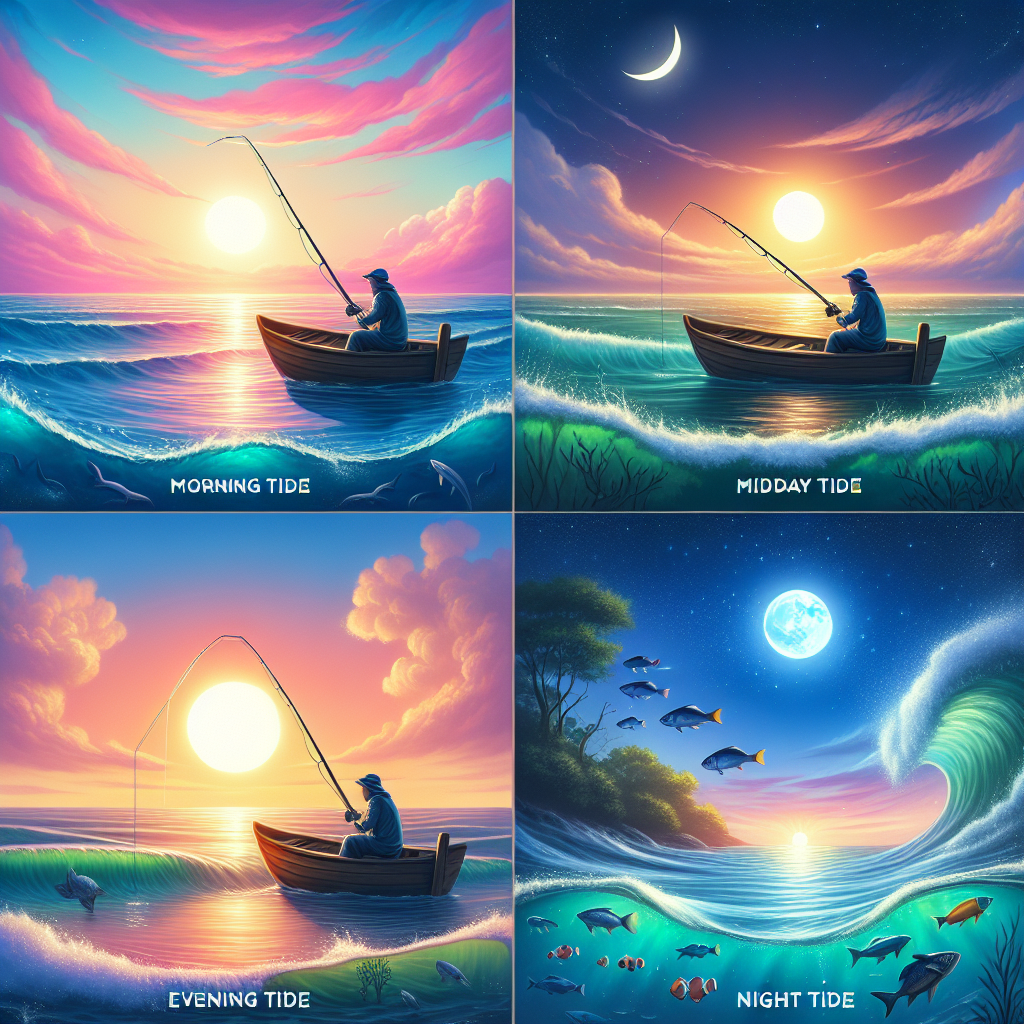A fishing license is an important step for any angler who wants to fish legally. A fishing license ID allows you to fish in designated bodies of water. This comprehensive guide will cover everything from the types and how to obtain a fishing license ID to why it’s important to carry it when fishing.
What is a Fishing License ID?
A fishing license ID is an identification card that certifies a person’s eligibility to fish within a certain area. It is usually issued by the state or local government agency that regulates fishing activities. The license contains vital information, such as the angler’s name, their address, their license number and the type of permit they hold.
Types of fishing license IDs
There are different types of fishing licenses, depending on where you fish and what type of fishing you do. There are several types of fishing permits.
- Resident Fishing License
- Non-Resident fishing license
- Saltwater Fishing License
- Freshwater Fishing License
- Commercial Fishing License
Resident Fishing License
A resident fishing licence is issued to those who live in the state or region they intend to fish. This type of license tends to be cheaper than non-resident ones and is valid for an extended period, usually a year.
Non-Resident fishing license
Non-resident fishing permits are for those who do not live in the state or area where they want to fish. These licenses are often more expensive than resident licenses, and may only be valid for a short time.
Saltwater Fishing License
Saltwater fishing licenses are required by anyone who wants to fish in coastal waters, the ocean or near the coast. This license may contain specific regulations and restrictions relating to the type and amount of fish that can caught.
Freshwater Fishing License
Anglers who want to fish in freshwater bodies such as rivers, lakes, and other bodies of water can purchase a freshwater fishing license. These licenses can also include regulations governing fishing seasons and catch limits.
Commercial Fishing License
Commercial fishing licenses are issued to individuals and businesses who fish for profit. This type of license usually requires additional permits and compliance with specific regulations related commercial fishing activities.
How to obtain a fishing license ID
It is easy to obtain a fishing ID online, at a licensing agency, or through an authorized agent such as a sporting goods store or bait shop. You will need to provide the following information when applying for a fishing permit:
- Personal information such as your name and address or date of birth
- Proof of residency
- A valid form or identification, such a driver’s license or passport
- Payment of the applicable fees
Why You Need A Fishing License ID
A fishing license ID is important for a number of reasons. It ensures that anglers adhere to fishing regulations and conservation efforts in order to protect fish populations and habitats. A fishing license ID also allows authorities to monitor and enforce fishing laws.
Renewing your fishing license ID
Most fishing licenses expire within a certain time period, which can range from a day to a year depending on the type you hold. To avoid fishing illegally or facing fines and penalties, it is important to renew your fishing ID before its expiration date.
Penalties for Fishing without a License
In many jurisdictions, fishing without a valid licence is a serious crime that can result in fines or confiscation of equipment and in some cases, criminal charges. Always ensure that you have the required fishing license ID before you cast your line to avoid legal repercussions.
Fishing license ID fees
The cost of a fishing ID depends on several factors such as your residence status, the length of the license and the type of permit you need. Resident fishing licenses tend to be cheaper than non-resident licenses. Annual permits are also more cost-effective than seasonal or daily permits.
Factors affecting the cost of fishing license IDs
There are several factors that can affect the price of a fishing ID, including
- Residency Status
- Age of the applicant
- Type of fishing (saltwater or freshwater? Commercial?
- Duration of the license (one-day, one-year, lifetime)
- Additional permits or endorsements are required
Discounted Fishing license IDs
Some states offer discounted IDs for fishing licenses to certain groups such as seniors, veterans or people with disabilities. These discounts make fishing more affordable and accessible for a wide range of anglers.
Where Can You Fish With A Fishing License ID
A fishing license ID allows you to fish on specified bodies of water in the state or region that issued the license. To avoid violating rules and jeopardizing fishing privileges, it is important to become familiar with the fishing regulations in the area you plan to fish.
Interstate Fishing License Agreements
Some states have reciprocal agreements where they recognize fishing licenses of neighboring states. These agreements allow anglers the opportunity to fish in neighboring waters without having to obtain multiple licenses. It is important to note that not all states have these agreements, so you should check the regulations of each state before fishing.
Special Fishing Permits & Endorsements
Some states require special permits or endorsements in addition to the standard fishing license ID for certain types fishing activities. For example, fishing for trout on designated trout streams, or participating in fishing tournaments. Before you go fishing, make sure you are familiar with any additional requirements.
Conservation and Fishing License Identification Numbers
The fishing license ID is more than just a legal requirement. It also plays an important role in conservation efforts, protecting fish populations and aquatic eco-systems. By adhering fishing regulations and catching limits, anglers can help preserve the natural environment and ensure the sustainability of the fish stocks.
Catch and Release Practices
Many anglers use catch and release fishing to reduce their impact on fish population and promote conservation. Catch and release is the practice of releasing fish caught back into the water, unharmed. This allows them to spawn and contribute towards the health of the fishing population.
Responsible Fishing Practices
For healthy fish populations and ecosystems, it is essential to practice responsible fishing practices. These include properly disposing of fishing lines and tackle, avoiding protected areas, and adhering to size and bag limits. By following these guidelines anglers can continue to enjoy their favorite pastime and contribute to conservation efforts.
Enforcement of Fishing Regulations
The enforcement of fishing regulations is the responsibility of law enforcement agencies such as state wildlife agencies or conservation officers. These officers patrol fishing grounds, conduct license checks, investigate violations, and enforce fishing laws.
Reporting Violations
Report the violation if you see illegal fishing or suspect that someone is fishing without a license. You can help law enforcement agencies by providing detailed information such as the location and description of the individuals involved.
FAQs about Fishing License Identification
Do I need a fishing license ID for catch-and-release fishing?
Even if you fish by catch-and release, you will still need a valid fishing ID to fish legally in most areas. The license allows authorities monitor fishing activities and enforce conservation to protect fish populations.
Can I purchase a fishing license ID online?
Many states allow you to purchase fishing license IDs through their official websites, or authorized vendors. Online licensing systems enable anglers to purchase licenses, renew permits and print their license documents without leaving their home.
What should I do if I lose my fishing license ID?
Contact the issuing agency as soon as you can to request a replacement. You may be required to provide proof of your old license or some form of identification to obtain a copy. To prevent damage or loss, keep your fishing license in an accessible place.
Conclusion
A fishing license ID is an important document that gives anglers legal rights to fish in designated bodies of water. Anglers who obtain a fishing permit not only adhere to fishing regulations, but also contribute to conservation efforts in order to protect fish populations and habitats. Renew your fishing license before its expiration date, learn the fishing regulations and practice responsible fishing for a sustainable and fun fishing experience.




